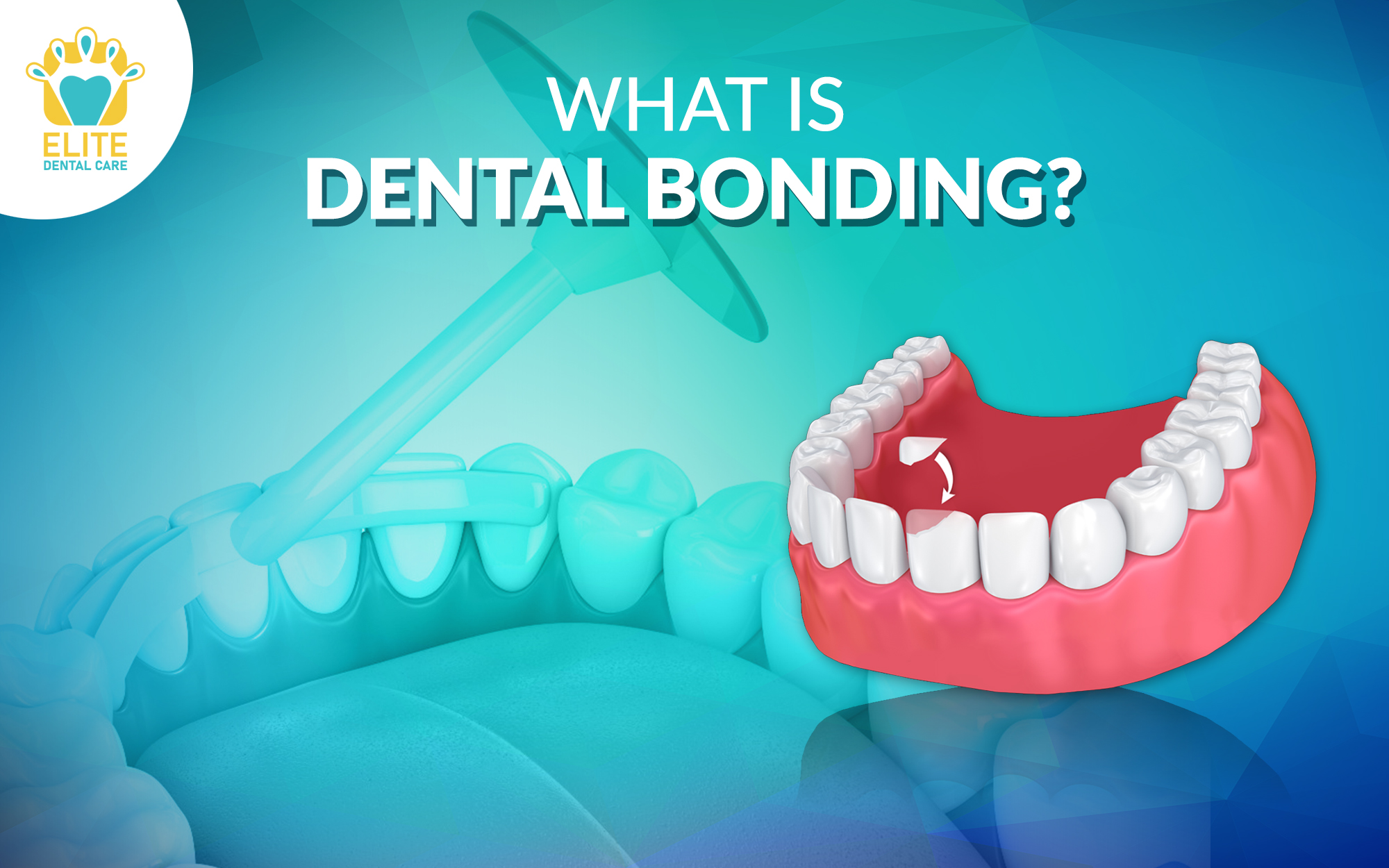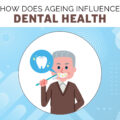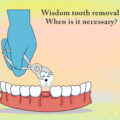
hygiene tipsoral healthRoot Canal Treatment
edental
29 April 2022
What is Dental Bonding?
Undoubtedly your teeth are naturally strong, and your teeth can help you chew hard and soft food suitably. You can also cut the cotton thread and rip the cello tape and still smile beautifully. Did you know that your teeth are so strong and resilient? Behind the most robust teeth, enamel has a vital role in your body.
But sometimes, your teeth also face some problems if you do not adequately take care of your teeth. You will have cracked, chipped, and color changed. For this problem, you need a cosmetic dental procedure like tooth bonding. Here, you can learn everything about tooth bonding and its dangers and the costs.
Everything you need to know about bonding?
Tooth bonding is a cosmetic dentistry technique used to restore a chipped, cracked, or fractured tooth. Treatment of discolored teeth, gaps between teeth, and even lengthening of a tooth that is too short can also be accomplished this way.
An “implant bond” adheres to the gap between a cracked tooth and fills in the gaps with composite resin to restore its appearance to its original state.
In contrast to a crown (used for fillings), the mixed color will be close to the tooth’s color, making it seem natural.
Why is tooth bonding essential for small chips or gaps?
As we all know, a smile is the individual’s first impression of others. Most people are very conscious about their smiles, and if their teeth have problems such as cracks, chips, and discoloration, they get pretty anxious. Fixing this tooth problem is essential for your oral health. It aids inappropriate chewing and avoids future damage that might jeopardise the health of the adjacent teeth.
What is the reason I get tooth bonding in the first place?
Tooth bonding is the procedure where you can fix imperfections and defects within a tooth. A broken, discolored, and decaying tooth can easily be repaired with tooth bonding.
Moreover, your dentist can quickly fill the gap between your teeth. Tooth bonding can also be used to expand a tooth’s size. Suppose one of your teeth is shorter than the others. In that case, your dentist can widen the scope of your teeth and make them all the same length.
What is the risk of teeth bonding?
There are no significant risks in the procedures with dental bonding. It is vital to remember that the composite resin utilised with the tooth bonding is not as robust as your original teeth.
It is conceivable that the material will chip or come loose from your natural tooth. Suppose you want to protect or lessen the risks of tooth bonding. In that case, you have to take precautions after the procedure, such as preventing yourself from eating ice, biting nails, chewing pencils or pens, and biting down hard and confectionery food for some time.
Also, unlike other dental materials, the resin is not stain-resistant. If you smoke or consume a lot of coffee, you can get some discoloration.
How much does the cost of teeth bonding?
Hence, tooth bonding is a bit expensive. You have to pay around $200 to $600 per tooth on average. And you can make them after 5 to 6 years.
Furthermore, the actual cost is entirely up to the location, procedure extent and dentist expertise.
Before making an appointment, check with your dental insurance provider. Some insurance companies consider dental bonding a cosmetic operation and will not pay for it.
How can I prepare myself for tooth bonding?
Tooth bonding does not need any further preparation. Talk to your dentist to determine if you’re a good candidate for this operation.
If you have extensive tooth damage or decay, bonding may not be an option. Instead, you may require a veneer or crown.
How to take care of teeth after tooth bonding?
It is essential that you can take care of your teeth, especially after tooth bonding; here are a few tips for self-care teeth.
- Brushing and flossing at least twice a day, avoiding hard foods and sugar, and not chewing your nails
- To prevent stains, avoid coffee, tea, and smoke during the first two days following the treatment.
- Having regular dental cleanings every six months is a good idea.
If you chip or break the bonding material or feel any sharp or rough edges following the operation, see a dentist.
Conclusion
A bright, healthy grin boosts one’s self-esteem. If you have discoloration, a chipped tooth, or a gap between your teeth, you search for a low-cost fix. As mentioned above, tooth bonding is a straightforward process; you can go for it without hesitation.
All you need to say is that you suggest a suitable procedure for me, they can offer you what is the best for you or perhaps suggest an alternative way to improve the look of your teeth.




